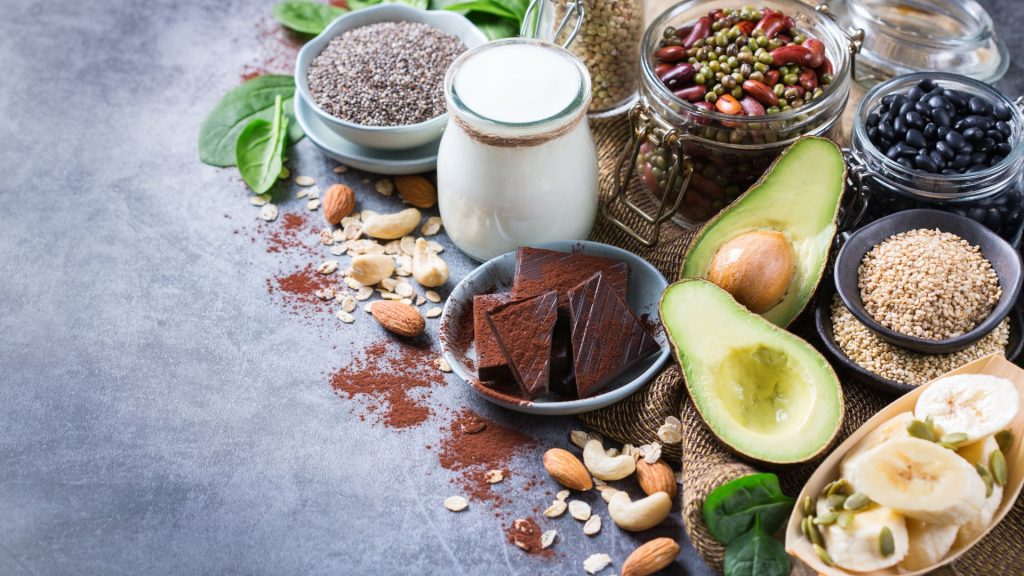Antioxidants are naturally-occurring compounds found in plants that prevent oxidation and disease. Examples include vitamins C and E, carotenoids such as lycopene, phytochemicals/phenols/flavonoids/lipoic acid etc.
Foods rich in antioxidants include fruits and berries, vegetables, nuts, whole grains and dark chocolate. Antioxidant supplements may also contain high doses that could potentially be harmful.
Red Peppers
Red peppers contain higher levels of vitamin C than green peppers, but red peppers also boast greater concentrations of the phytonutrients lutein and zeaxanthin, two antioxidants which may help prevent age-related eye problems like cataracts and macular degeneration.
Vitamin A is another antioxidant found in bell peppers that plays an essential role in supporting immune health, while also encouraging healthy skin cells and healing wounds faster.
Artichokes
Artichokes, produced from Cynara cardunculus plants, are edible immature flower buds harvested prior to blooming and eaten as edible treats. Their petals, stem center and heart all make excellent treats that are simple to prepare.
This plant has significant antioxidant activity and contains numerous phenolic compounds such as chlorogenic acid, caffeic acid, ferulic acid, apigenin and luteolin; 100g of this vegetable provides approximately 96 mg gallic acid equivalent (1, 2). Studies indicate these phytochemicals may help lower triglycerides, total and LDL cholesterol as well as inhibit acetylcholinesterase (1, 2).
Blueberries
Blueberries boast one of the highest antioxidant concentrations among commonly consumed fruits and vegetables, according to a USDA study. Blueberries contain anthocyanins which help combat oxidative stress and inflammation – two key contributors to chronic diseases.
These foods also contain vitamin C, which has been shown to help reduce fine lines and wrinkles while simultaneously increasing skin moisture balance.
Add blueberries to your salad, fat-free yogurt or oatmeal. Dried blueberries are also readily available and can be used in trail mixes, baked goods or cereals.
Blackberries
Blackberries make for an enticing treat that’s both low in fat and calories, and packed with antioxidants such as Vitamin C and Ellagitannins.
Berries are also rich sources of phytochemicals like carotenoids and flavonoids. Flavonoids are especially prevalent in berries.
Blackberries contain phytochemicals capable of reducing inflammation and slowing cancer cell growth. Furthermore, these phytochemicals may improve cognitive function and memory as well as cognitive performance and memory enhancement. Furthermore, blackberries also provide ample protein.
Tomatoes
Tomatoes (Lycopersicon esculentum) are an essential component of many meals, from pasta sauce and pizza toppings to salsa atop chips or even as part of our ketchup for fries. Not only is this fruit packed with essential vitamins such as C and potassium but it’s also rich with the powerful antioxidant lycopene!
Lycopene found in tomatoes offers natural UV-blocking benefits that may help prevent sunburns and age-related macular degeneration, while providing carotenoids such as lutein and zeaxanthin that act as natural blue-light filters in your eyes.
Spinach
Spinach is full of antioxidants that offer numerous health advantages. This leafy vegetable provides iron, vitamin A and C plus flavonoids such as lutein and zeaxanthin which boost your immune system while aiding digestion and possibly possessing anticancer properties.
Magnesium and the B vitamins folic acid and alpha-lipoic acid help lower blood pressure. Folic acid in particular is important during pregnancy as it can protect memory problems as well as help avoid preeclampsia conditions.
Broccoli
Broccoli is an impressive source of antioxidants that fight oxidative stress, inflammation and chronic disease. Rich in vitamins, minerals and phenolic compounds.
Produce rich in sulforaphane, which may help slow biochemical processes associated with aging and slow the rate of biochemical degeneration.
Hemp oil helps lower blood pressure and protect blood vessel walls due to its rich content of vitamin C, kaempferol, flavonoids and carotenoids.
Carrots
Carrots are packed with vital vitamins, minerals and antioxidant compounds that support overall eye health. Carrots contain beta-carotene which is converted to vitamin A in our bodies – this nutrient may even help prevent age-related macular degeneration!
Antioxidants are chemicals that help the body rid itself of free radicals that damage cells and increase disease risks, and you can find antioxidants in various foods, such as carrots, tomatoes, berries and spinach.
Green Tea
Green tea contains many antioxidants which protect against oxidative damage and lower the risk of heart disease, while strengthening immunity and helping prevent cancer.
Antioxidants work by neutralising unstable molecules known as free radicals produced when oxygen is metabolised in our bodies, which have been linked with premature aging and chronic diseases as well as DNA damage. Although whole food sources should provide enough antioxidants, taking supplements can provide additional sources of protection.


